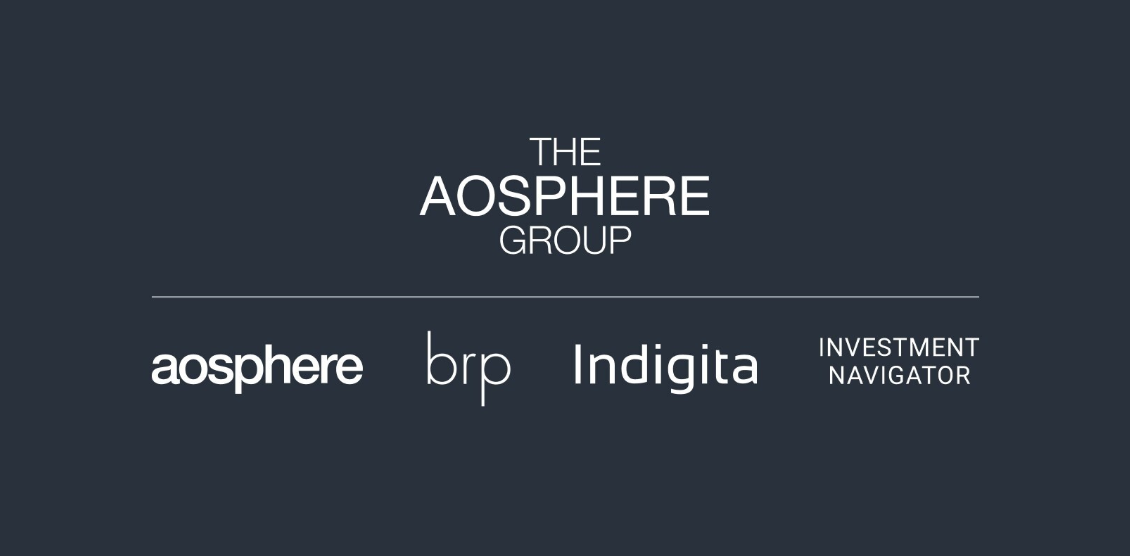by Federica Cavaliere, Senior e-Learning Specialist at Indigita SA
In today’s global financial environment, international client relationships are common and often essential. Swiss banks and financial intermediaries routinely engage with clients from jurisdictions that differ in language, legal frameworks, business culture, and documentation standards. While this diversity brings opportunity, it also introduces significant challenges when applying Swiss KYC (Know Your Customer) corroboration duties.
FINMA has repeatedly highlighted failures in verifying customer information, especially in cross-border contexts, as a key reason for enforcement actions. The corroboration duty requires financial intermediaries not just to collect information, but to critically assess and verify it using independent evidence. This becomes particularly complex when dealing with international clients.
Corroboration Beyond Borders: Legal Expectations
Under Swiss law, corroboration is more than a formality: it’s a legal requirement. The Anti-Money Laundering Act (AMLA), the AMLO-FINMA ordinance, and the Swiss Criminal Code require financial intermediaries to:
- Clarify the economic background of a relationship
- Corroborate client statements with documentation
- Assess the plausibility of explanations
- Properly document the entire process
These duties apply equally, whether a client is from Geneva or São Paulo. Cross-border complexity does not reduce compliance expectations.
Cross-Border Realities and Risks
One of the first challenges is language. Clients often submit documents in non-Swiss languages and unfamiliar formats. Translations, especially when done internally, must be verifiable and handled according to the four-eyes principle, with both the original and translated versions retained.
Another issue is transparency. While Swiss public registers like Zefix are comprehensive, their foreign counterparts vary widely. In some jurisdictions, beneficial ownership is deliberately obscured through shell companies or nominee arrangements. This makes it harder to determine who really controls the assets and why.
Cultural and legal norms also diverge. A client who holds significant cash assets may raise concerns in Switzerland, even if this is normal in their home country. Similarly, business structures that seem overly complex here might be standard elsewhere. Financial intermediaries must apply Swiss standards while staying mindful of these differences.
Operational constraints such as time zone differences, long communication chains, or unresponsive local advisors can delay onboarding and limit the availability of reliable information. But delays and uncertainty are not valid reasons for skipping steps or lowering due diligence standards.
Finally, while public sources can support corroboration, they are not always reliable abroad. Swiss professionals may use tools like Bloomberg or Opencorporate, but these must be interpreted critically. Public data may be outdated, inaccurate, or incomplete, and should be cross-verified wherever possible.
Toward a Stronger Cross-Border Approach
To meet regulatory expectations in complex cases, Swiss intermediaries must take a risk-based approach. Enhanced due diligence (EDD) is essential when dealing with politically exposed persons (PEPs), high-risk jurisdictions, or complex offshore structures. This includes deeper background checks, additional documentation, and more robust plausibility assessments.
Where clients hold multiple accounts or relationships, corroboration must go beyond the individual case. Reviewing the entire client “cluster” helps ensure consistency across business relationships, account purposes, and declared sources of wealth.
Specialized tools and local expertise can be valuable. External due diligence providers and commercial databases can fill knowledge gaps. However, reports and alerts must be critically evaluated, not just filed. They are a means to assess risk, not a shortcut to compliance.
Corroboration is not a one-time task. Ongoing reviews are necessary to maintain a current understanding of the client’s profile and activities. Changes in the client’s situation or emerging risk indicators should trigger a reassessment.
Perhaps most importantly, professionals must apply a critical mindset. Effective corroboration means understanding the substance behind the information. A bank statement or a business registration is not meaningful unless it fits logically with the client’s profile and declared activities. Consistency, credibility, and context matter more than quantity.
Conclusion: Global Clients, Swiss Standards
Cross-border relationships bring complexity, but they do not dilute compliance standards. The legal duties of clarification, corroboration, plausibility, and documentation apply with equal weight regardless of distance or jurisdiction.
Swiss financial intermediaries must be ready to challenge what they are told, dig deeper when needed, and adapt their tools and processes to the global realities they face. KYC corroboration is not just about checking boxes; it is about ensuring integrity, compliance, and resilience in a fast-moving, international financial world.
Discover our e-Learning course on KYC Corroboration.




